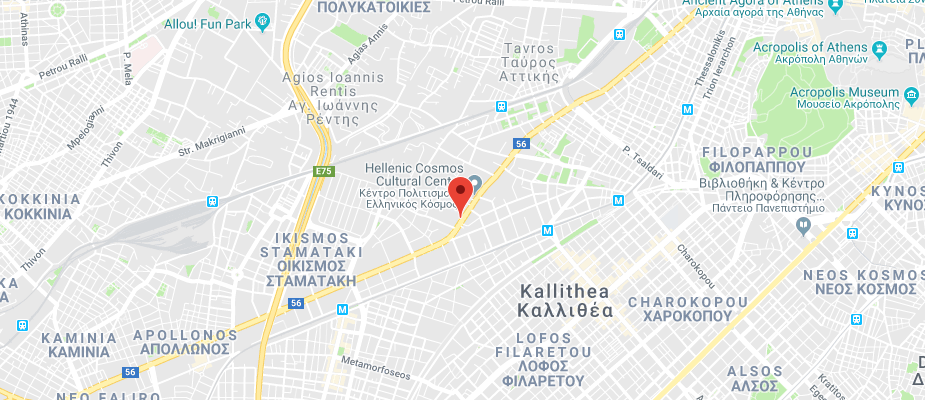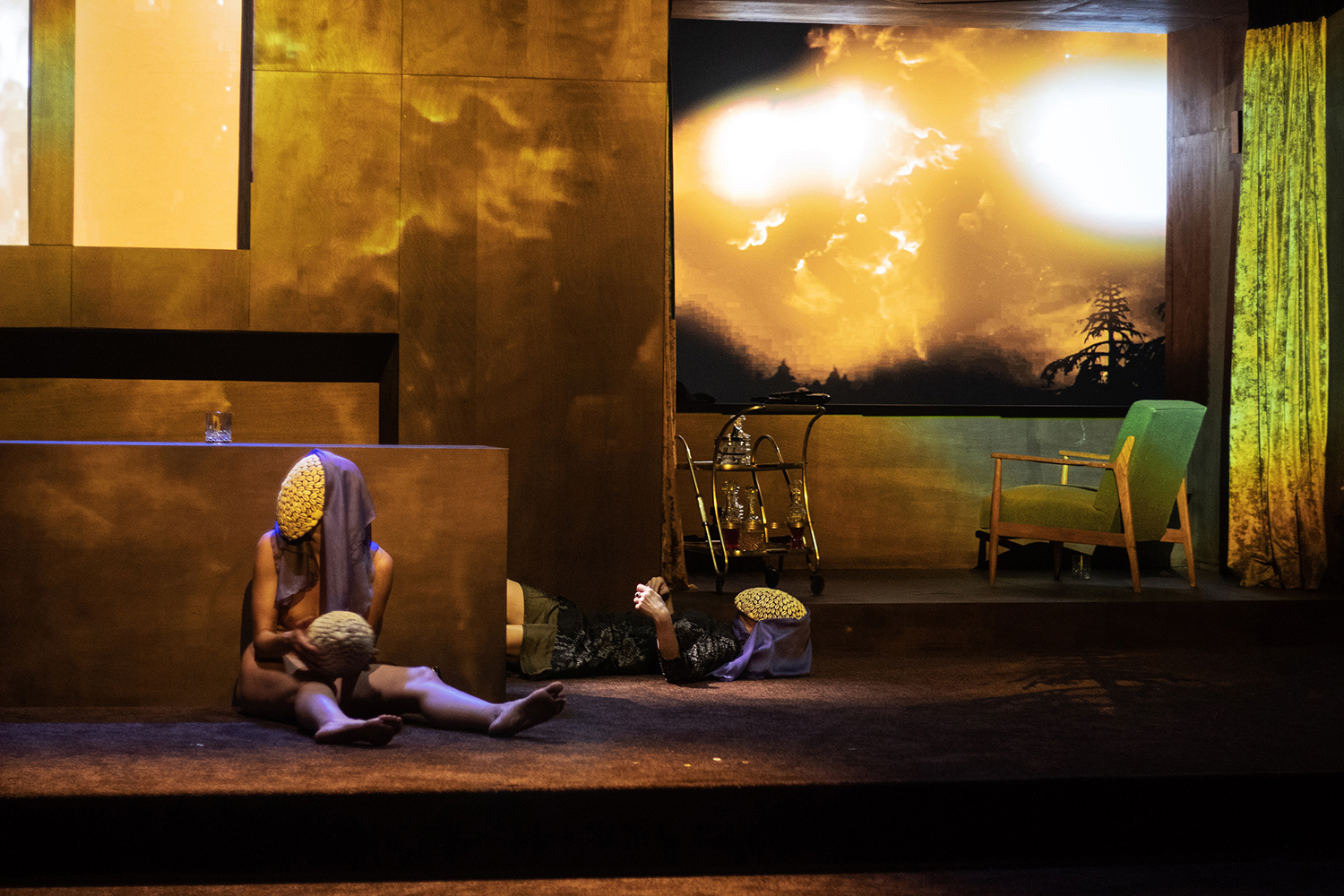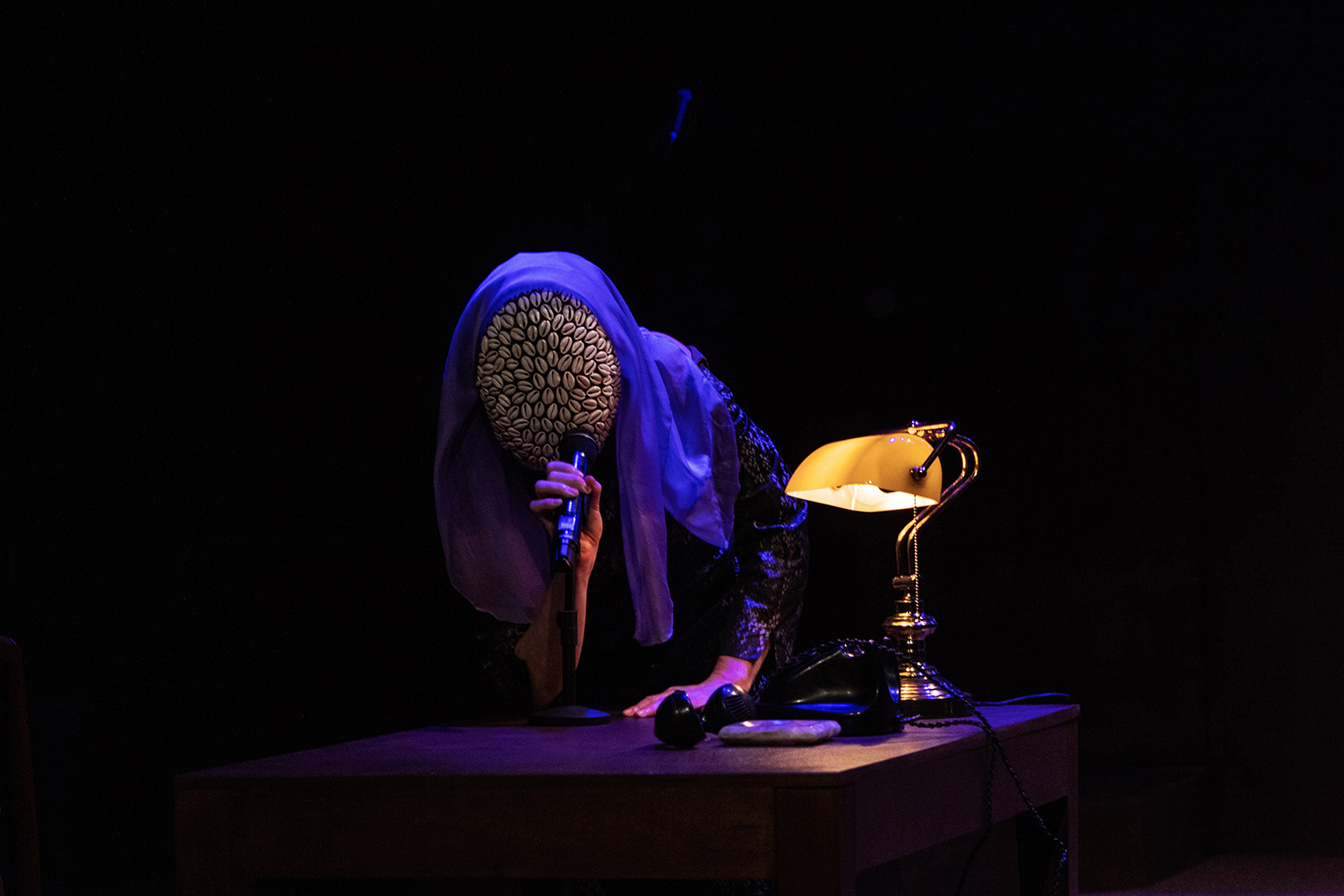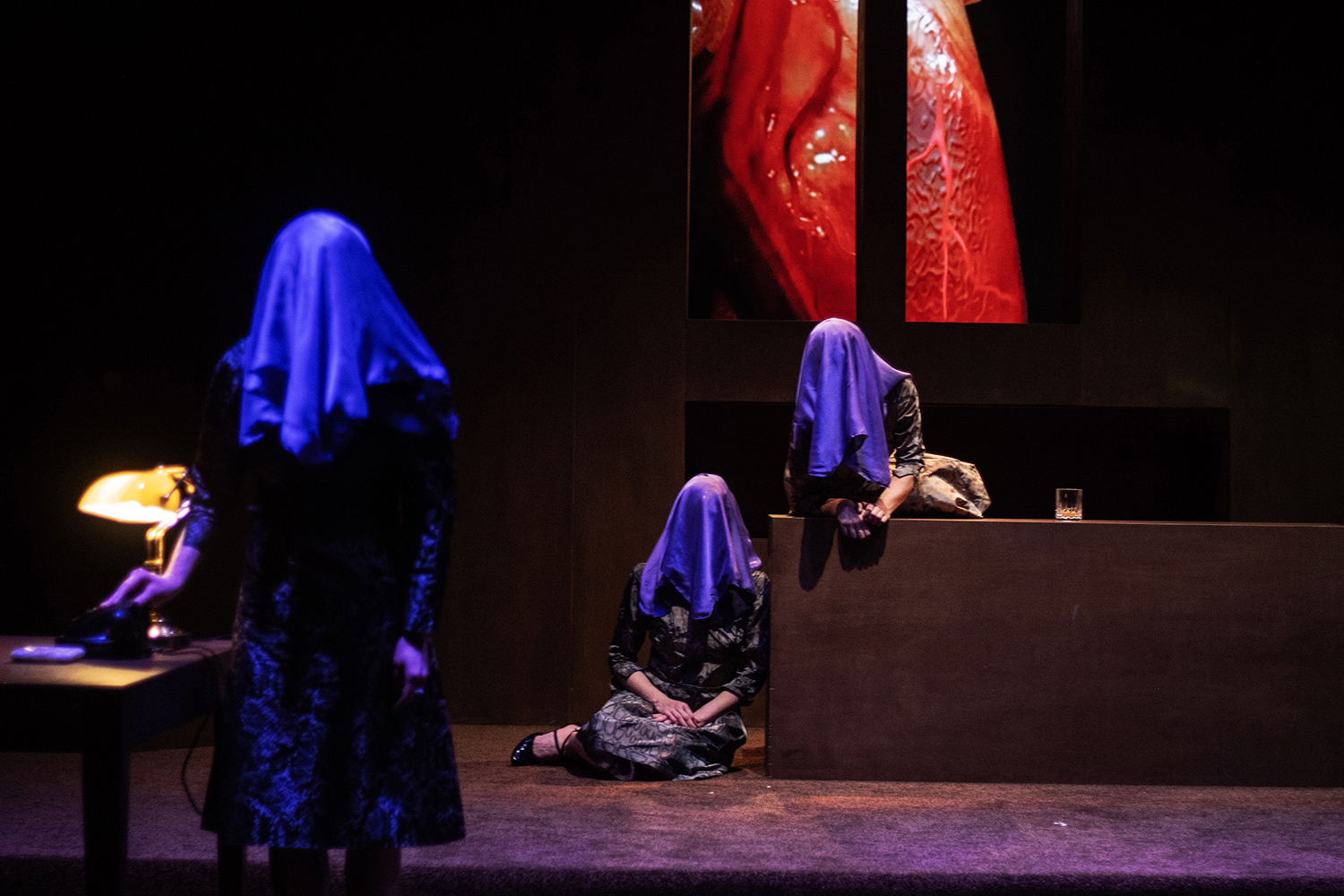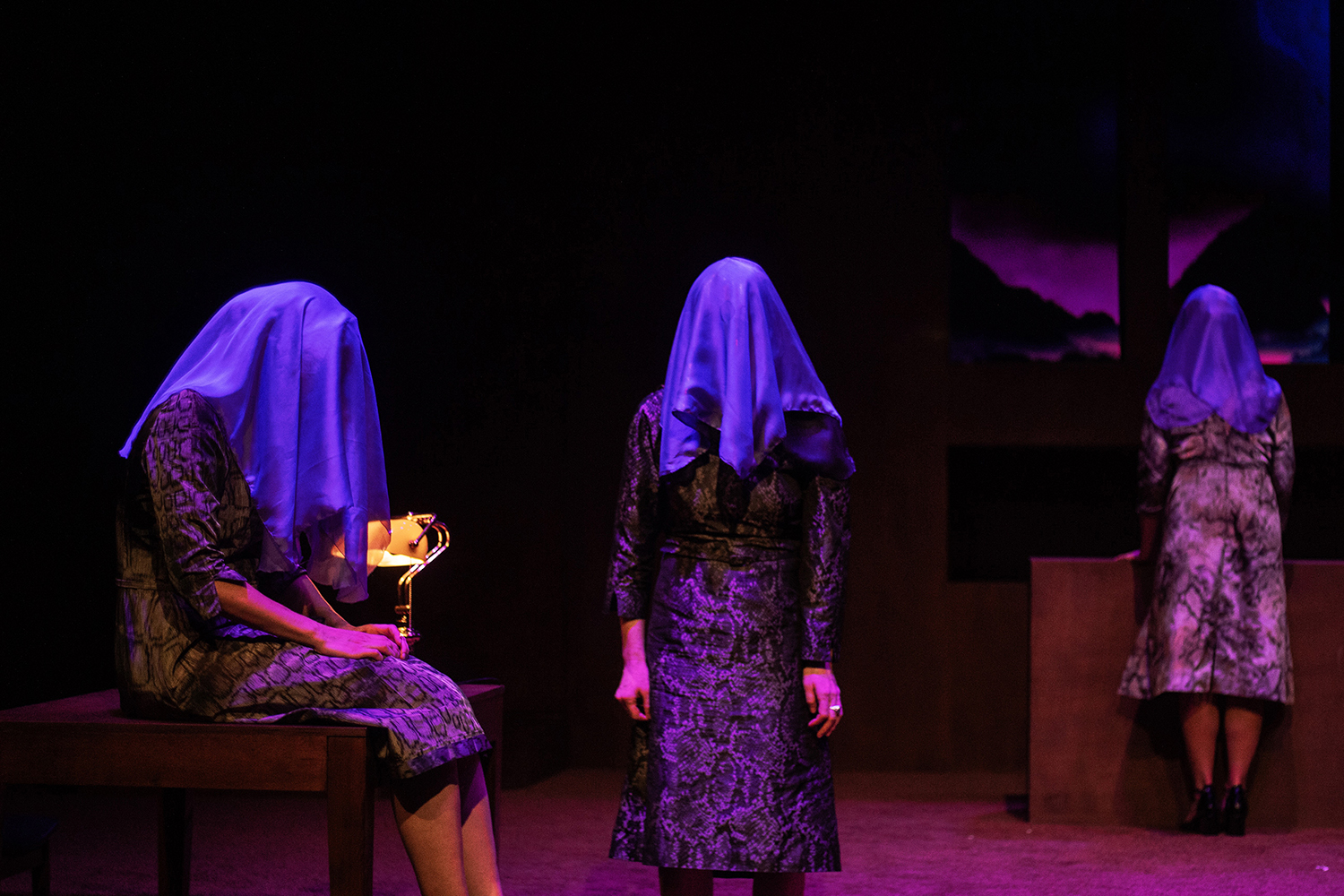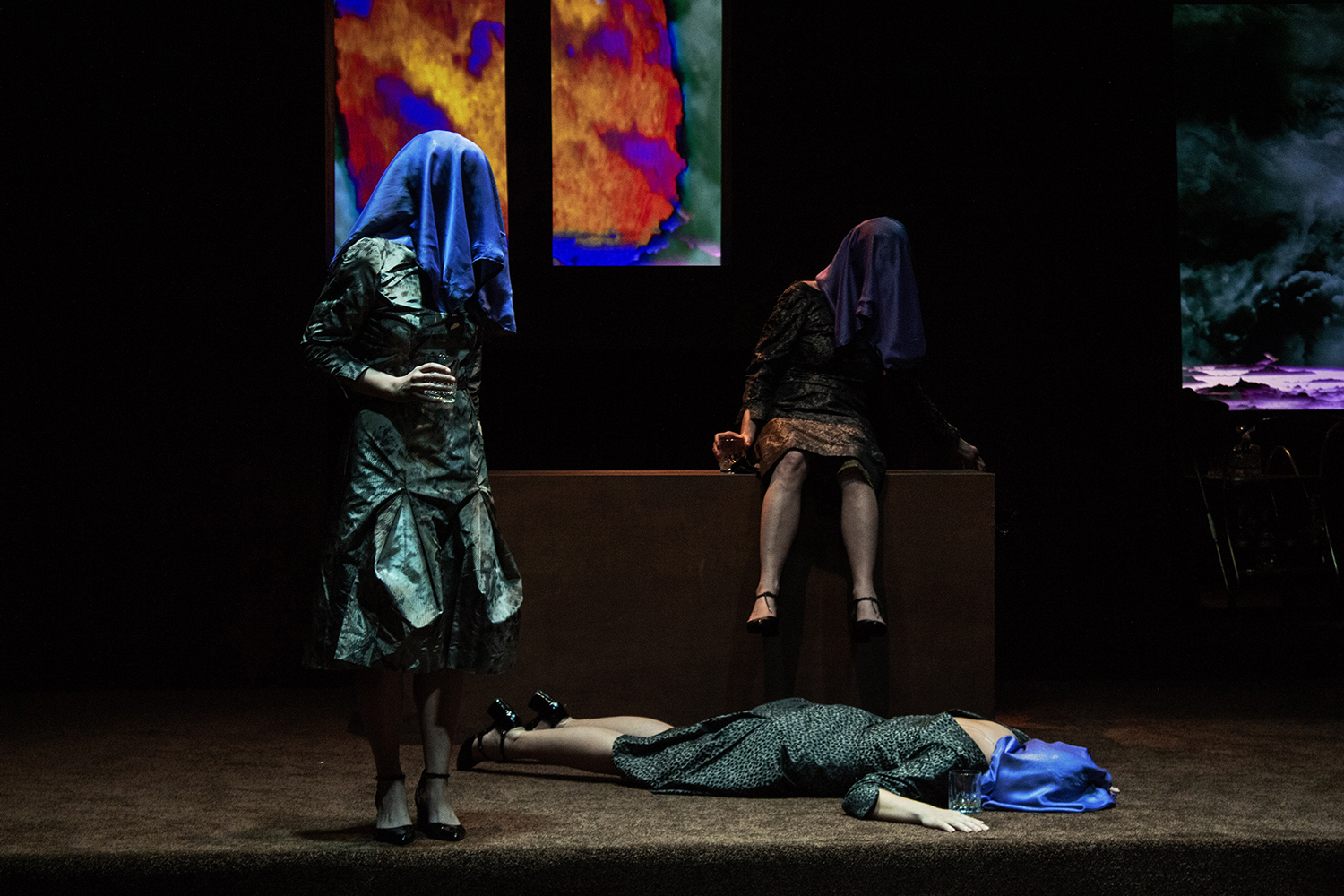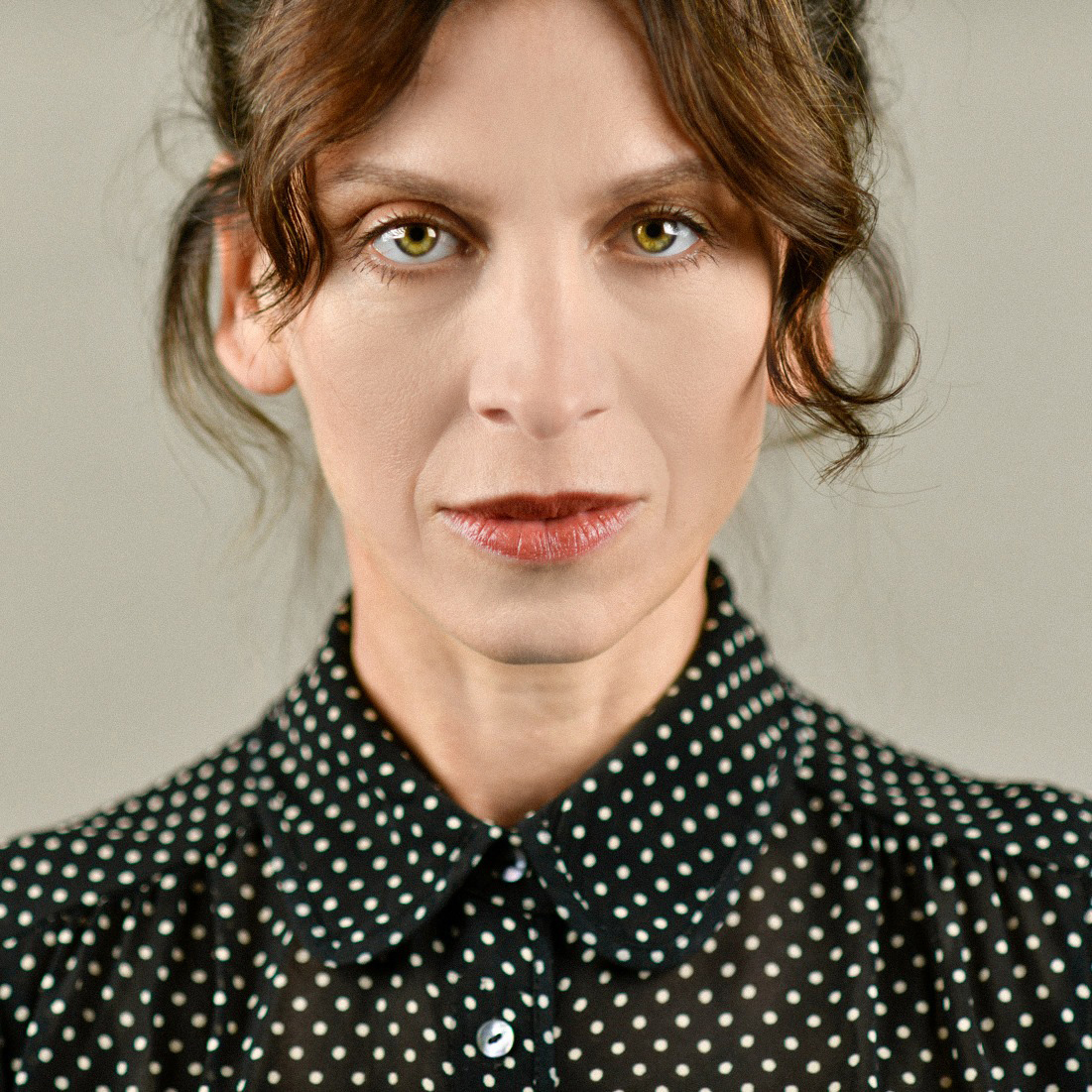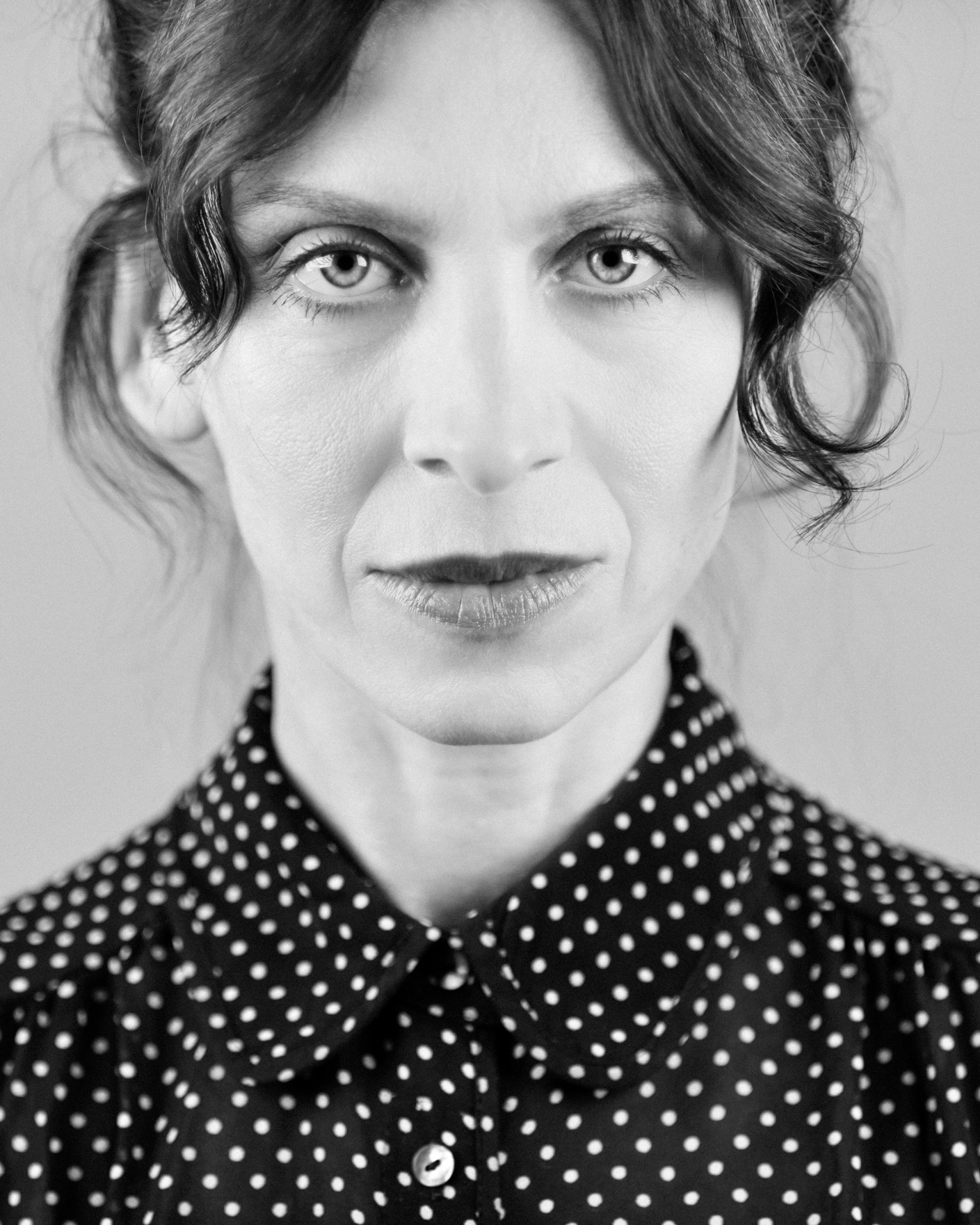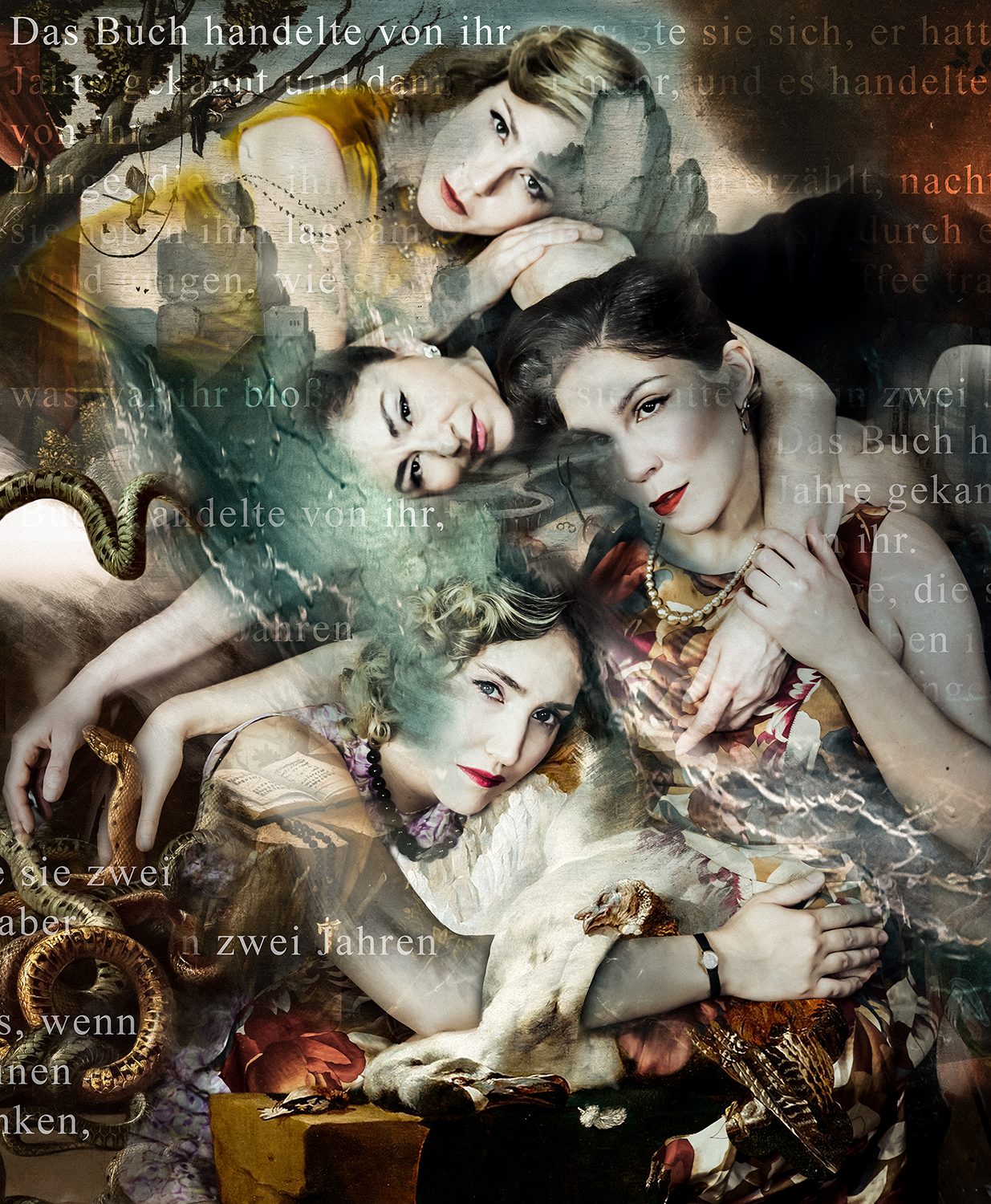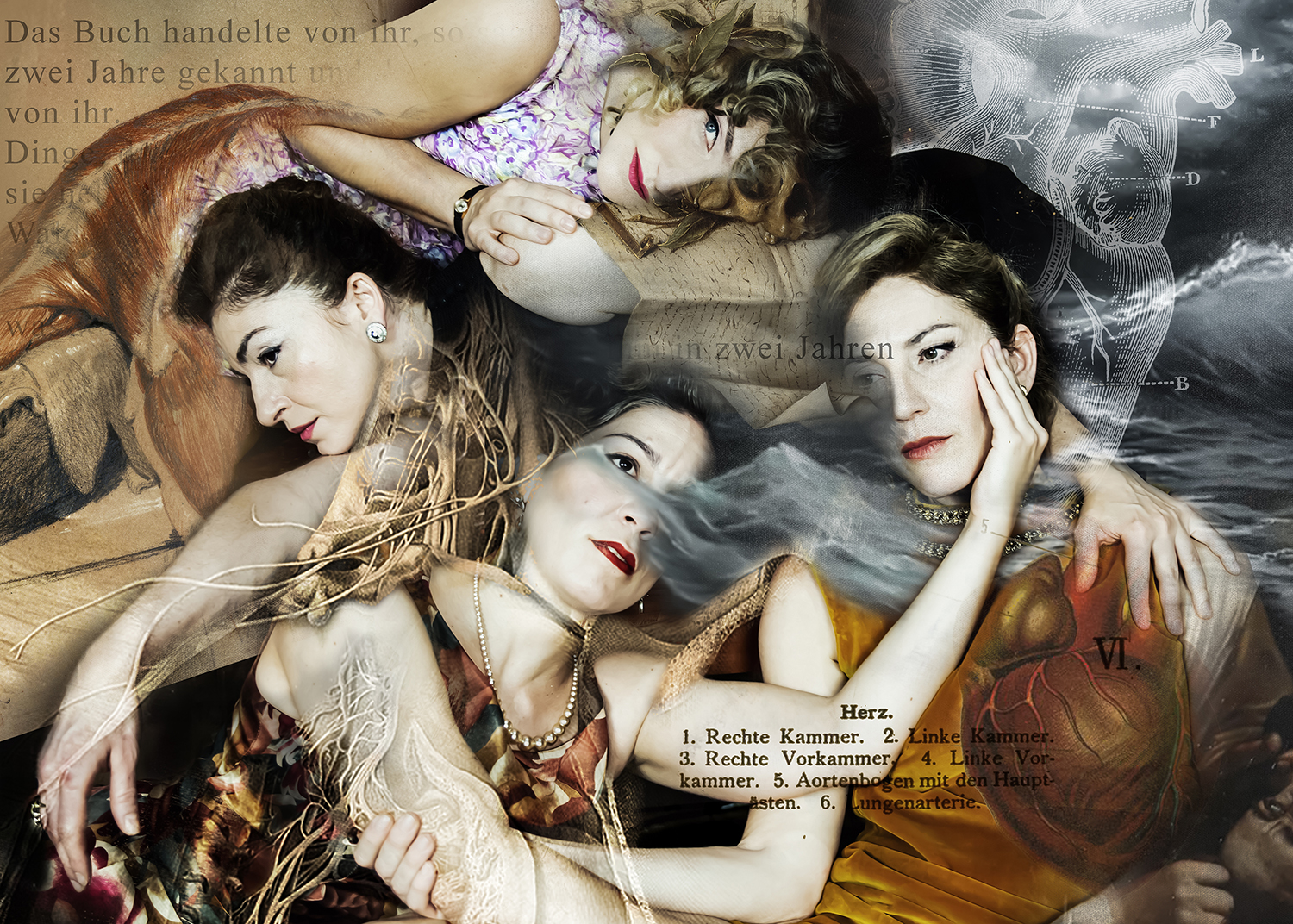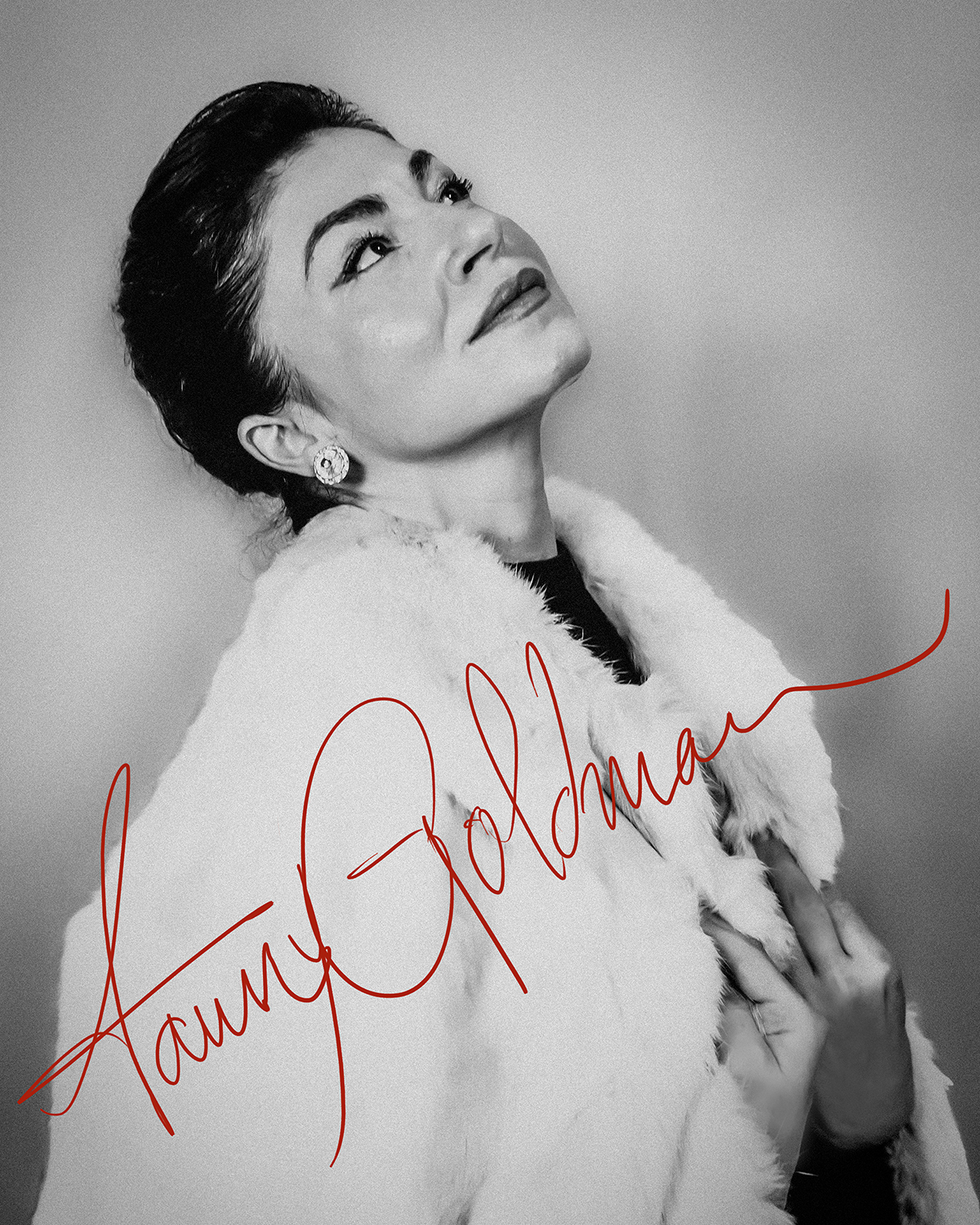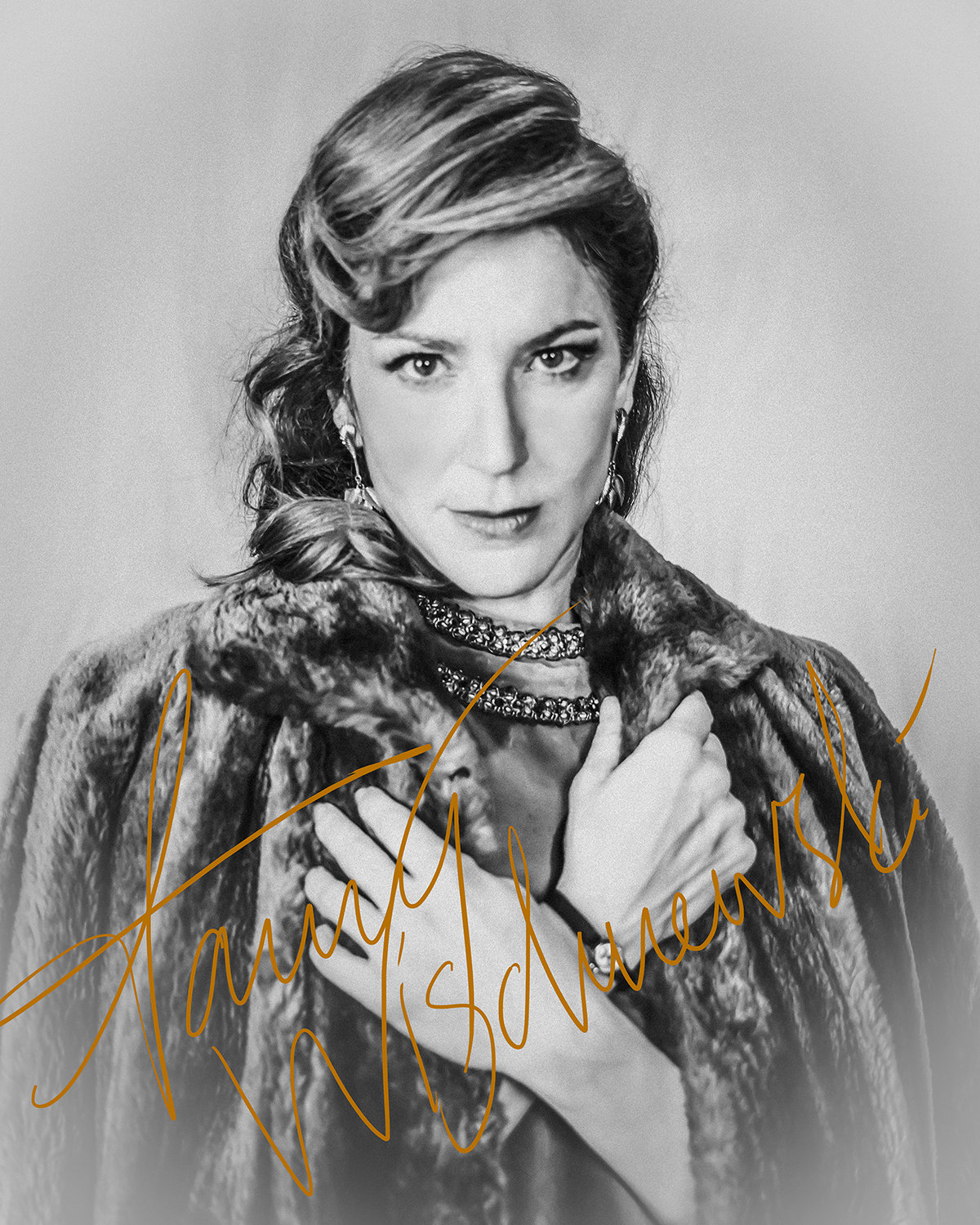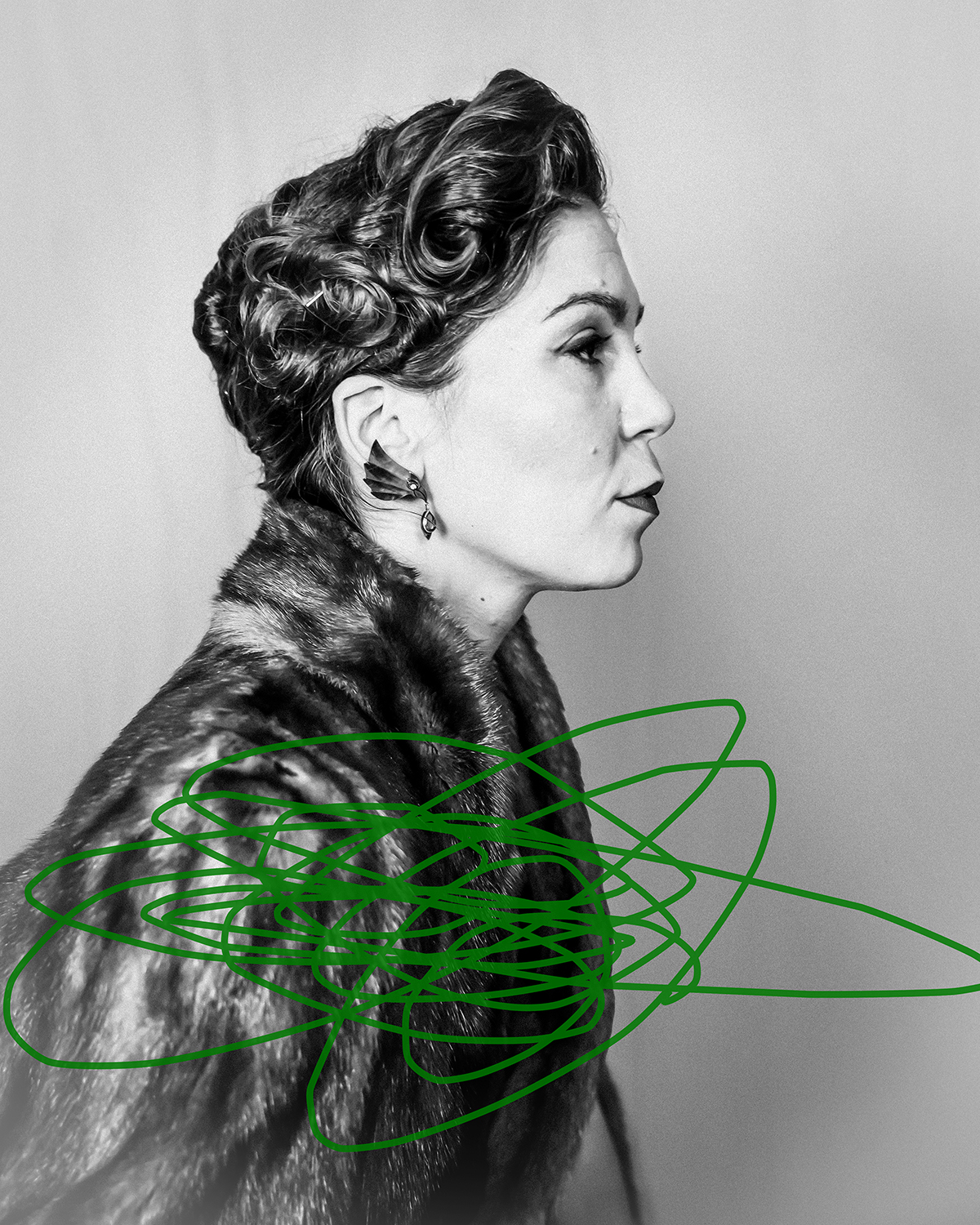Zoe Chatziantoniou
Requiem for Fanny Goldmann
Based on the work by Ingeborg Bachmann
“She felt robbed, stripped of all her sentences and judments […] He had butchered her, turning her into sausage and meat. He had sliced her up. She was sliced up into 386 pages in a book […]”
(trans. P. Filkins)
Beautiful actress Fanny Goldmann becomes romantically involved with the obscure yet ambitious writer Toni Marek. After taking advantage of her connections, he leaves her for a younger woman. Subsequently, he turns her life into the subject of his first successful book. “She had told him things at night as she lay beside him, or while walking through a forest together, riding a bike, drinking their first coffee in a café” (trans. P. Filkins). All the things she had told him – in the two years they were together she had told him everything – find their way into his book. She becomes mortally ill when something unprecedented manifests and spreads in her body, mind and nervous system akin to a cancer: hatred. Abandoned and surrendering herself to alcohol, she becomes ill. Her hatred leads her to death.
“These crimes are so subtle that we can hardly perceive or comprehend them. […] Rather they require greater refinement, another level of intelligence and are themselves dreadful” (trans. P. Filkins). Requiem for Fanny Goldmann, a fragment of a novel by Ingeborg Bachmann (1926-1973), the “most intelligent and most important” Austrian writer according to Thomas Bernhard, was meant to be part of a novel cycle titled Todesarten (German for “Ways of death”). True to its title, the novel cycle describes stories of women, as Bachmann, who herself died under mysterious circumstances, investigates the ways in which female existence is eradicated by a patriarchal logic defining history, politics, religion, family, even women’s own self-perception.
Drawing on the elliptical style of Requiem, replete with brackets, ellipses and latent words that one encounters while attempting to decipher it, Zoe Chatziantoniou’s performance conjures a landscape of narrative fragments that bears similarities to Bachmann’s universe. Its main questions are: How does the latent fascism of everyday life creep into language and relationships? How is female subjectivity ultimately banished from a world in which it has no place?
The performance is recommended for audiences 15 years and older.
grape – Greek Agora of Performance is an exciting new initiative by the Athens Epidaurus Festival aiming to establish a platform for Greek artists to communicate with the international Theatre and Dance scene, giving them the opportunity to present their works to representatives and artistic directors of international festivals and cultural institutions abroad. The platform presents 14 new productions in two periods: 3 – 8 July & 18 – 22 July.
grape is open to the general public and is part of the main artistic programme of the Athens Epidaurus Festival. The performances included are also scheduled on dates outside the duration of the platform.
Read more here
Peiraios 260 (Ε)
- 17/07/2023 at 21:00
- 18/07/2023 at 20:00
- 19/07/2023 at 19:30
- 20/07/2023 at 21:00
Ancient Theatre of Epidaurus | Peiraios 260
all venues


